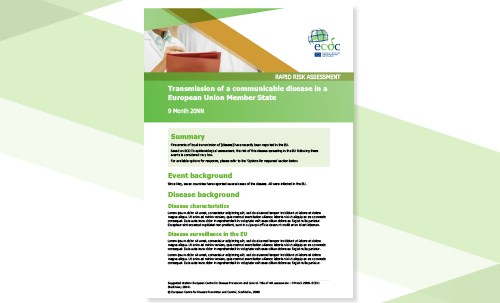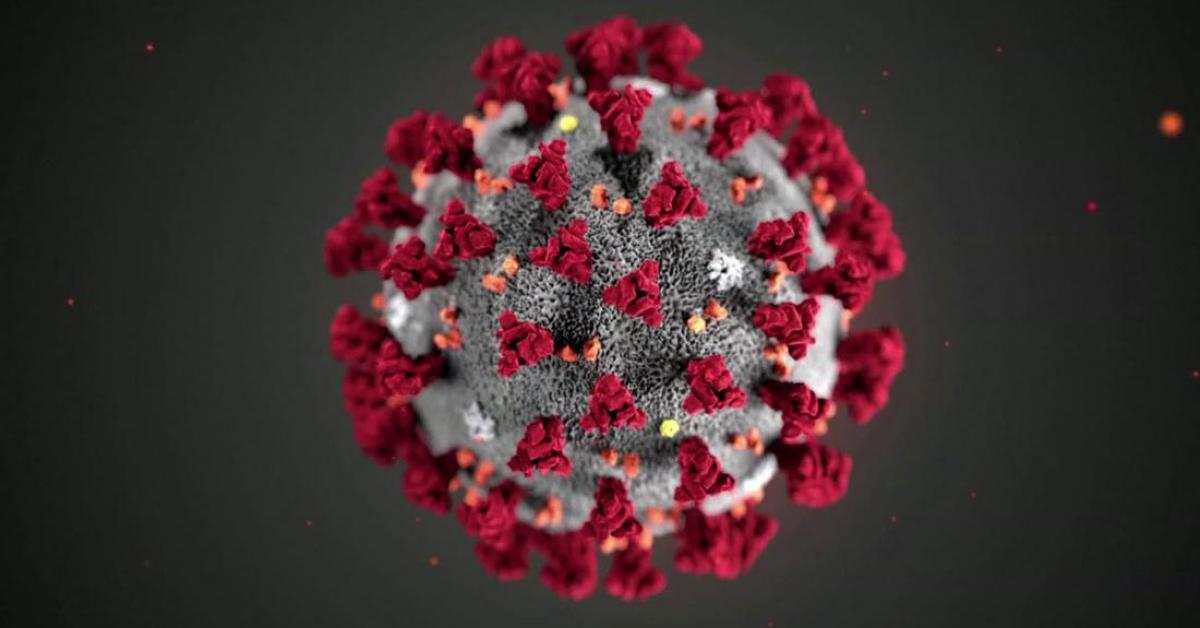What is/are the reasons why you feel that way? Are you guys getting good results from any measures taken, or it's just patriotist/optimism? Please mind that this is not a bait question, I'm not very informed about how things are going in the US or what measures are being taken, but by looking at just the numbers things seem to still be going to a grim direction, not otherwise.
I do know that the US has a huge industrial capacity that can be mobilized if necessary to produce needed equipment, but on the other hand it has no public health system, and without insurance, medical costs can run a family to bankrupcy fast. Are insurance companies paying for covid-19 treatments (usually medical insurances exclude epidemics/pandemics), or people have to pay from their own pockets?
The inability to perform basic arithmetic and a propensity to hype up vague promises of panacea shouldn't be conflated with patriotism. That said, despite a lagged initial response, this pandemic is generally being treated seriously, and many States have enacted sensible measure to slow it's spread and support their residents.
As for costs, who pays for actual treatment is highly variable. The gamut of insurance in the US ranges from none at all, to comprehensive plans that cover everything with virtually non-existent deductibles/co-pays. Many of those being treated for severe cases will be broken, financially, without further assistance. However, a far larger threat is looming unemployment (or underemployment), and losses of savings, as this will hit vastly more people than those who wind up in intensive care from COVID-19. However, this is not to say that mitigation policies should be dropped or softened. Contrary to what some believe, doing nothing would almost certainly be more expensive, even in a purely economic sense, than rational best efforts to slow the spread of COVID-19.
Regardless, this whole situation is revealing more underlying issues in the US status quo--administrations that cannot plan past the next election; prosperity that hinges on rampant consumerism and unsustainable levels of growth; and often unnecessary employment that amounts to busywork. Comically greedy opportunism, that's still absent basic enlightened self-interest, is prominent at all levels of society. Support systems and contingency plans, even for entirely foreseeable events, are grossly deficient. This is where my optimism comes in; if it only costs a few hundred thousand lives and seven or eight trillion dollars to prompt a meaningful reevaluation of the status quo, it will be a bargain. My pessimistic side fears it will be worse and amount to less meaningful long-term change.
Its is the neverending mantry, for days and weeks now...testtesttest, trace, isolate, quarantine .
The test part is still proving to be a hurdle that disrupts the rest of that chain.
I'm in NY, which is doing more tests per capita than any other US State (or most of the rest of the world), but most people still cannot get tested. There simply aren't enough tests to go around, so they are being reserved for medical personnel, those being hospitalized, and a few priority demographics.
Without being able to know who is infected, you cannot do reliable contact tracing and have to rely on blanket measures to mitigate the spread. Frankly, I think contract tracing is a lost cause in any but the most lightly affected areas at this point...the assumption should be that it's everywhere.



